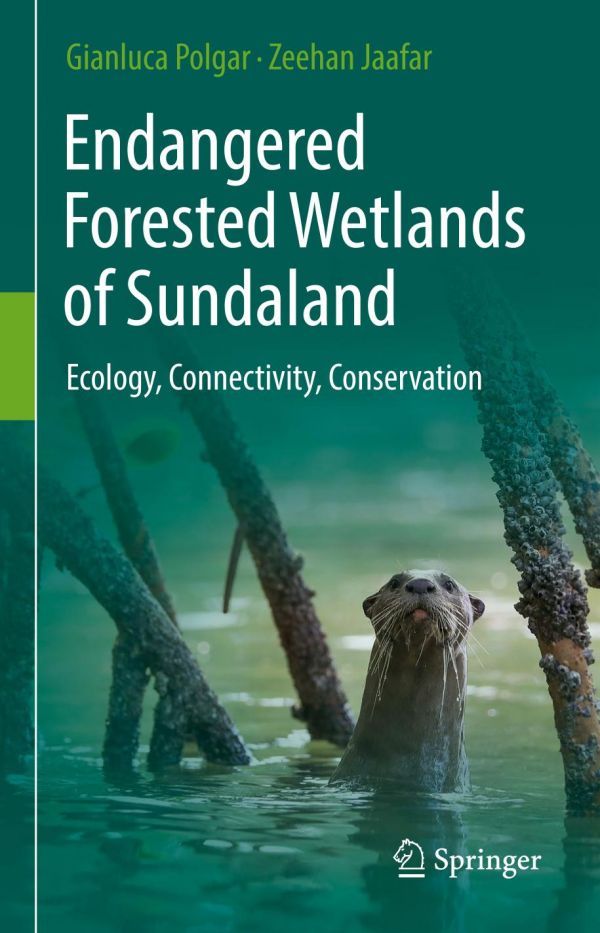

Most ebook files are in PDF format, so you can easily read them using various software such as Foxit Reader or directly on the Google Chrome browser.
Some ebook files are released by publishers in other formats such as .awz, .mobi, .epub, .fb2, etc. You may need to install specific software to read these formats on mobile/PC, such as Calibre.
Please read the tutorial at this link: https://ebookbell.com/faq
We offer FREE conversion to the popular formats you request; however, this may take some time. Therefore, right after payment, please email us, and we will try to provide the service as quickly as possible.
For some exceptional file formats or broken links (if any), please refrain from opening any disputes. Instead, email us first, and we will try to assist within a maximum of 6 hours.
EbookBell Team

4.8
64 reviewsThis book informs readers on the ecology, ecosystem services, and management of Sundaland wetland ecosystems, discussing the concepts and tools necessary to conserve these imperiled habitats. Sundaland is a biogeographically defined area of South East Asia characterised by an exceptional concentration of endemic species. The unprecedented loss of wetland habitats within Sundaland warrants urgency in implementing conservation actions. The authors are both researchers who have witnessed the ongoing losses of wetland habitats in Sundaland.
The first chapter introduces fundamental concepts of ecosystems, ecological processes and ecosystem services of coastal and inland wetlands. The second chapter provides an overview of the global and regional conservation status of these ecosystems. The third chapter advances the importance of wetlands management at the landscape level (drainage basins), and proposes to adopt the concept of Ecotonal Networks (ENTs) as a sustainable management method, within the theoretical framework of Resilience Theory. The fourth chapter showcases potential flagship species that can aid in raising awareness on these endangered but poorly-known ecosystems. The fifth chapter discusses sustainable ecotourism as a viable and profitable industry to manage non-urban wetland areas of Sundaland, while providing specific suggestions for future developments.The book is written for ecosystem managers, conservation scientists, ecologists, and nature enthusiasts. It consists of a coherently arranged set of scientifically accurate tools that consider societal, cultural, and economic factors to succeed in the conservation of the Sundaland wetlands, as well as other wetland habitats in the world.